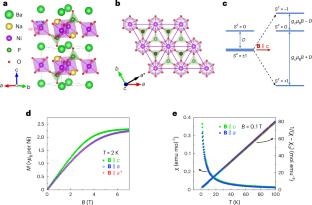2025-02-28 マックス・プランク研究所
<関連情報>
- https://www.mpg.de/24285564/weaker-ocean-circulation-costs-trillions?c=2249
- https://www.pnas.org/doi/10.1073/pnas.2419543122
AMOCの弱体化は海洋の炭素吸収を減少させ、炭素の社会的コストを増加させる Weakening AMOC reduces ocean carbon uptake and increases the social cost of carbon
Felix Schaumann and Eduardo Alastrué de Asenjo
Proceedings of the National Academy of Sciences Published:February 24, 2025
DOI:https://doi.org/10.1073/pnas.2419543122

Significance
The Atlantic Meridional Overturning Circulation (AMOC) is crucial for controlling the state of the Earth system, and is projected to weaken within this century, with potentially dramatic consequences. However, current economic impact studies focus solely on AMOC-related surface cooling, the impact of which is seen as globally beneficial. By quantifying the AMOC-related reduction of ocean carbon uptake, which leads to more atmospheric CO2 and more global warming, we find economically negative effects that are not yet accounted for in impact assessments of AMOC weakening. Our study develops projections of the AMOC carbon feedback, estimates the associated economic consequences, and provides a blueprint for how different model types can be combined to comprehensively assess impacts of future AMOC changes.
Abstract
A weakening of the Atlantic Meridional Overturning Circulation (AMOC) has been found to be globally beneficial by economic assessments. This result emerges because AMOC weakening would cool the Northern Hemisphere, thereby reducing expected climate damages and decreasing estimates of the global social cost of carbon dioxide (SCC). There are, however, many other impacts of AMOC weakening that are not yet taken into account. Here, we add a second impact channel by quantifying the effects of AMOC weakening on ocean carbon uptake, using biogeochemically-only coupled freshwater hosing simulations in the Max Planck Institute Earth System Model. Our simulations reveal an approximately linear relationship between AMOC strength and carbon uptake reductions, constituting a carbon cycle feedback that leads to higher atmospheric CO2 concentrations and stronger global warming. This AMOC carbon feedback, when incorporated into an integrated climate-economy model, leads to additional economic damages of several trillion US dollars and raises the SCC by about 1%. The SCC increase is similar in magnitude, but of opposite sign, to the SCC effect of Northern Hemisphere cooling. While there are many other potentially relevant economic impact channels, the AMOC carbon feedback alone could thus flip the consequences of AMOC weakening into a net cost to society.



